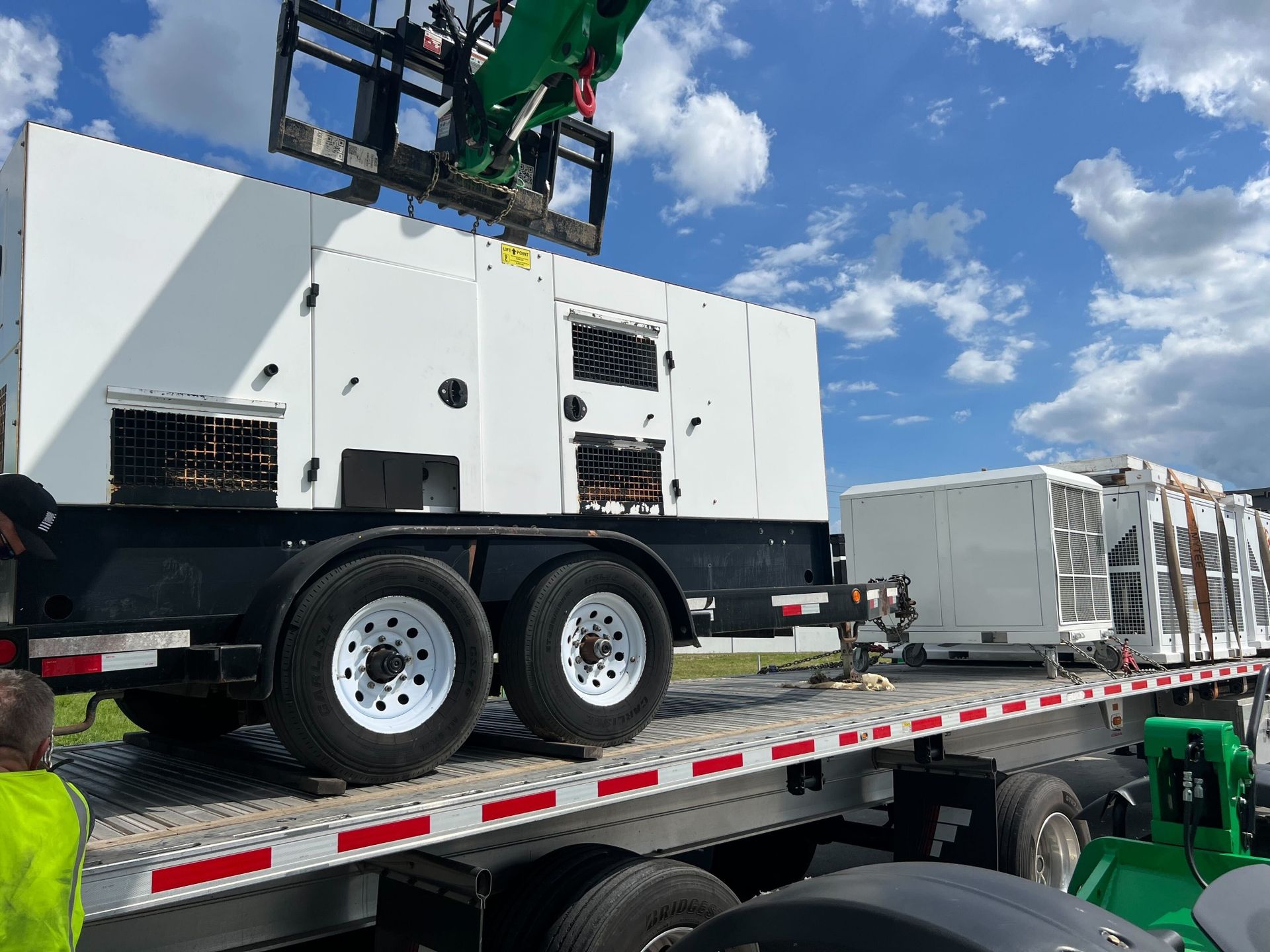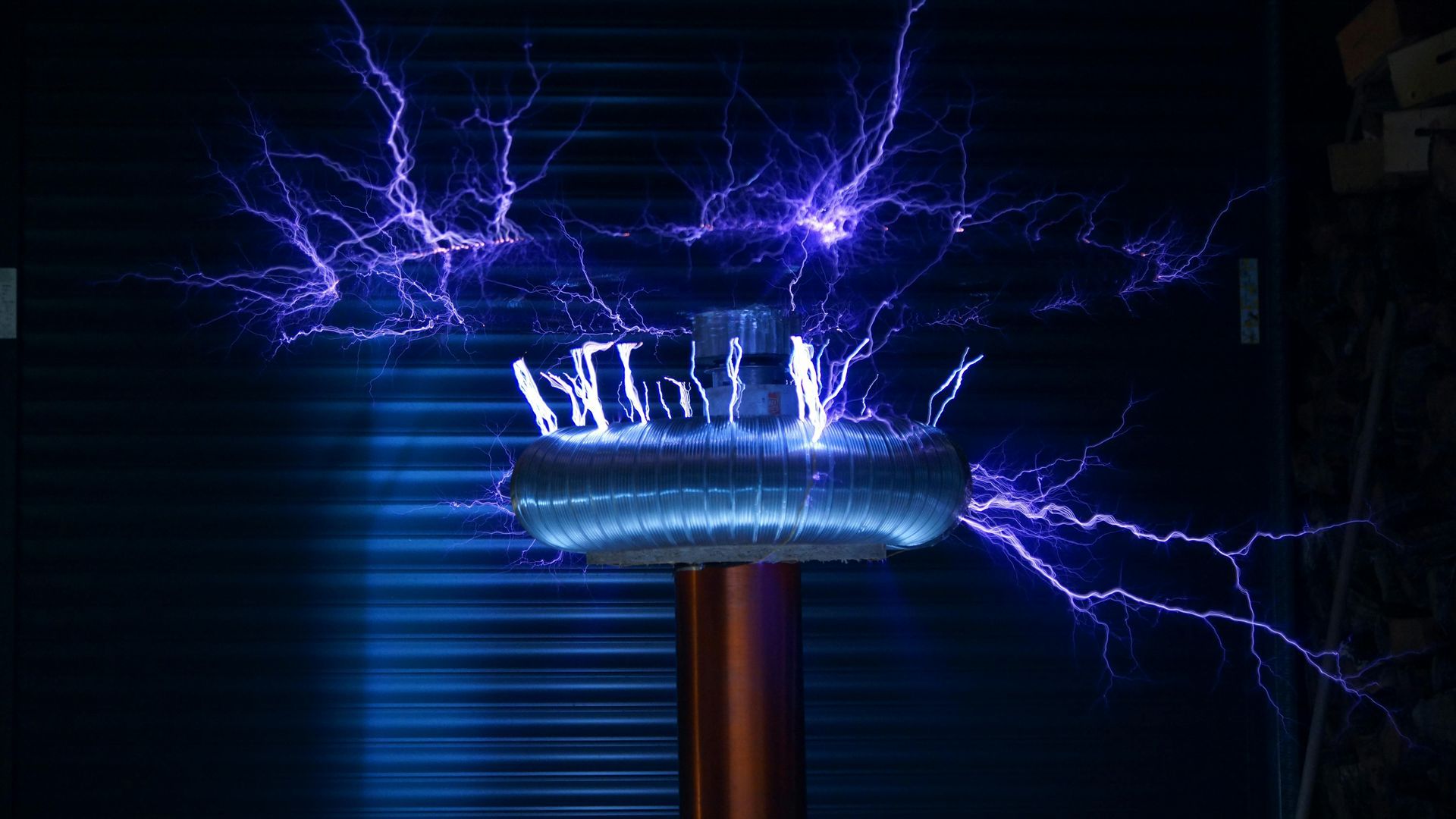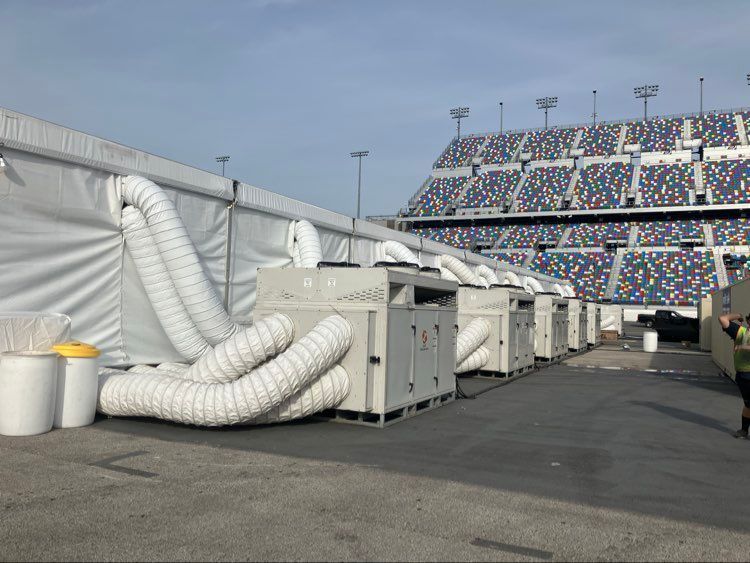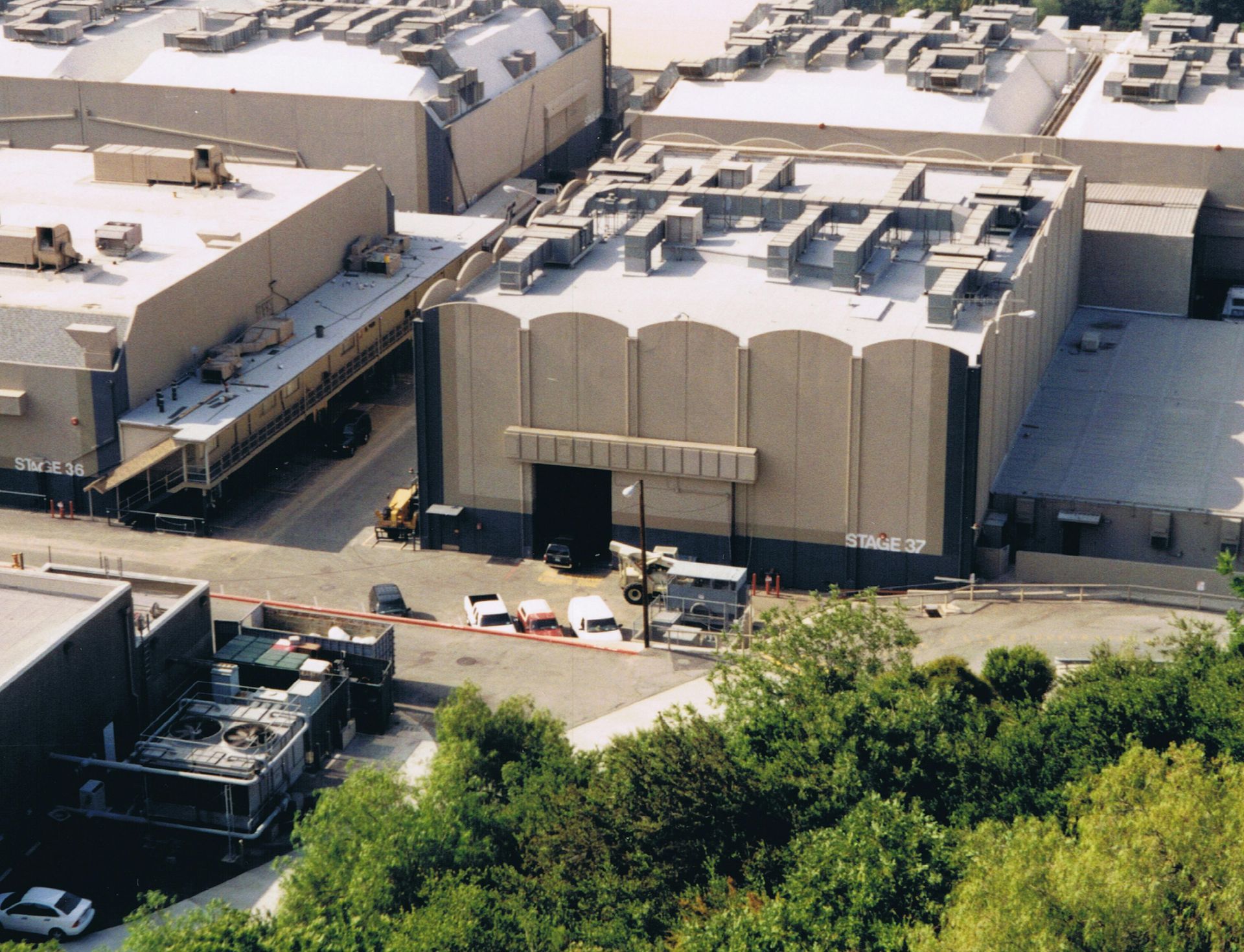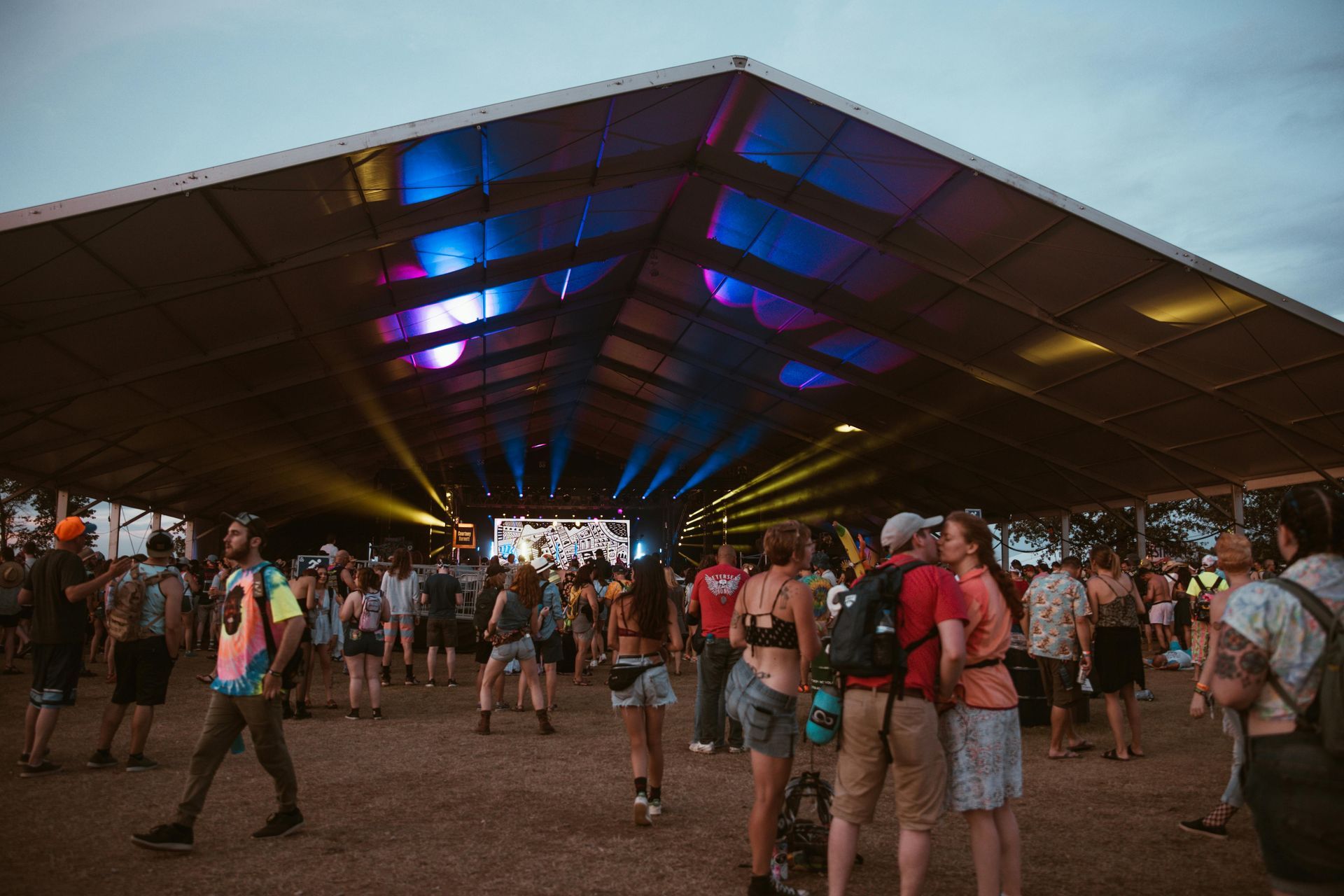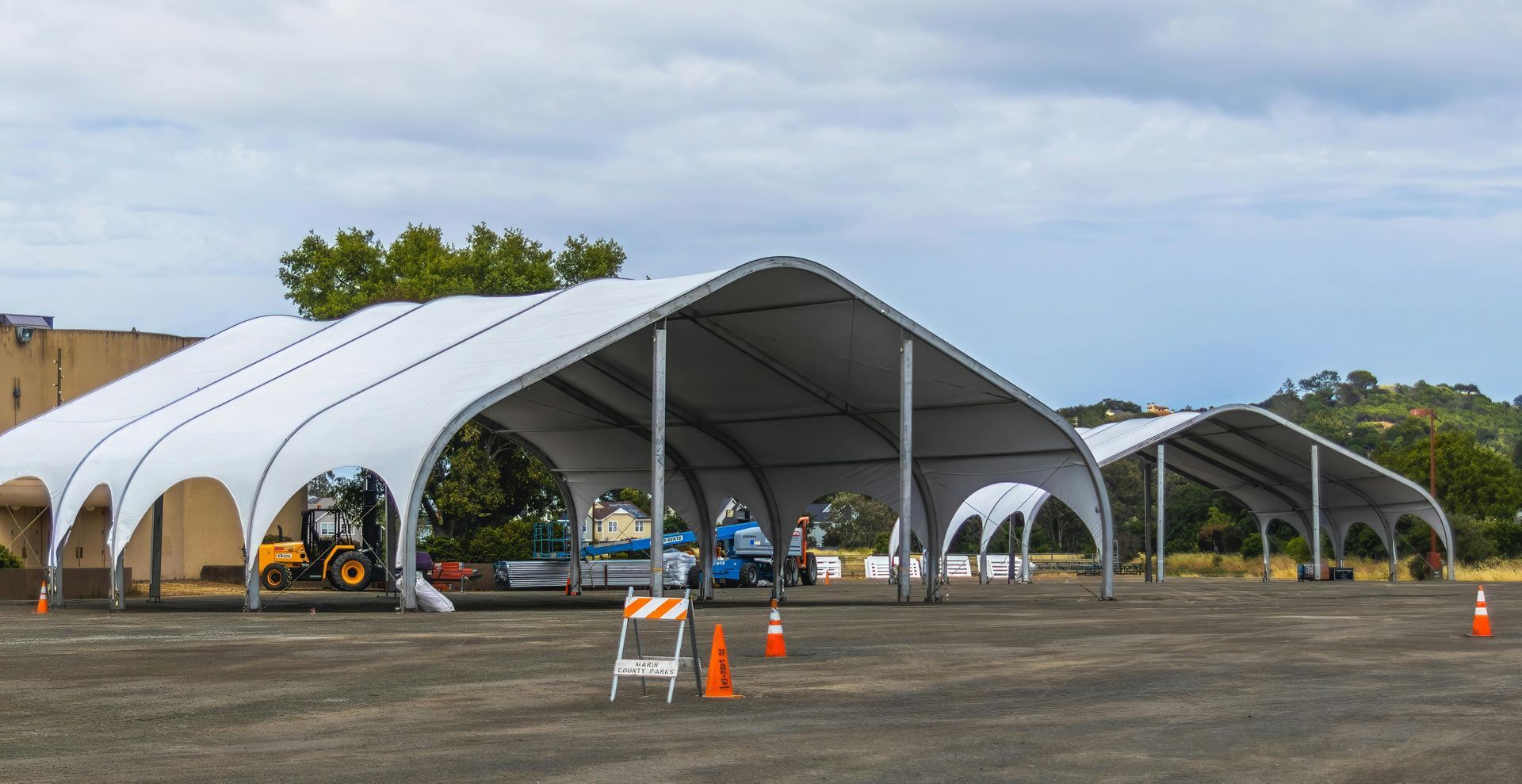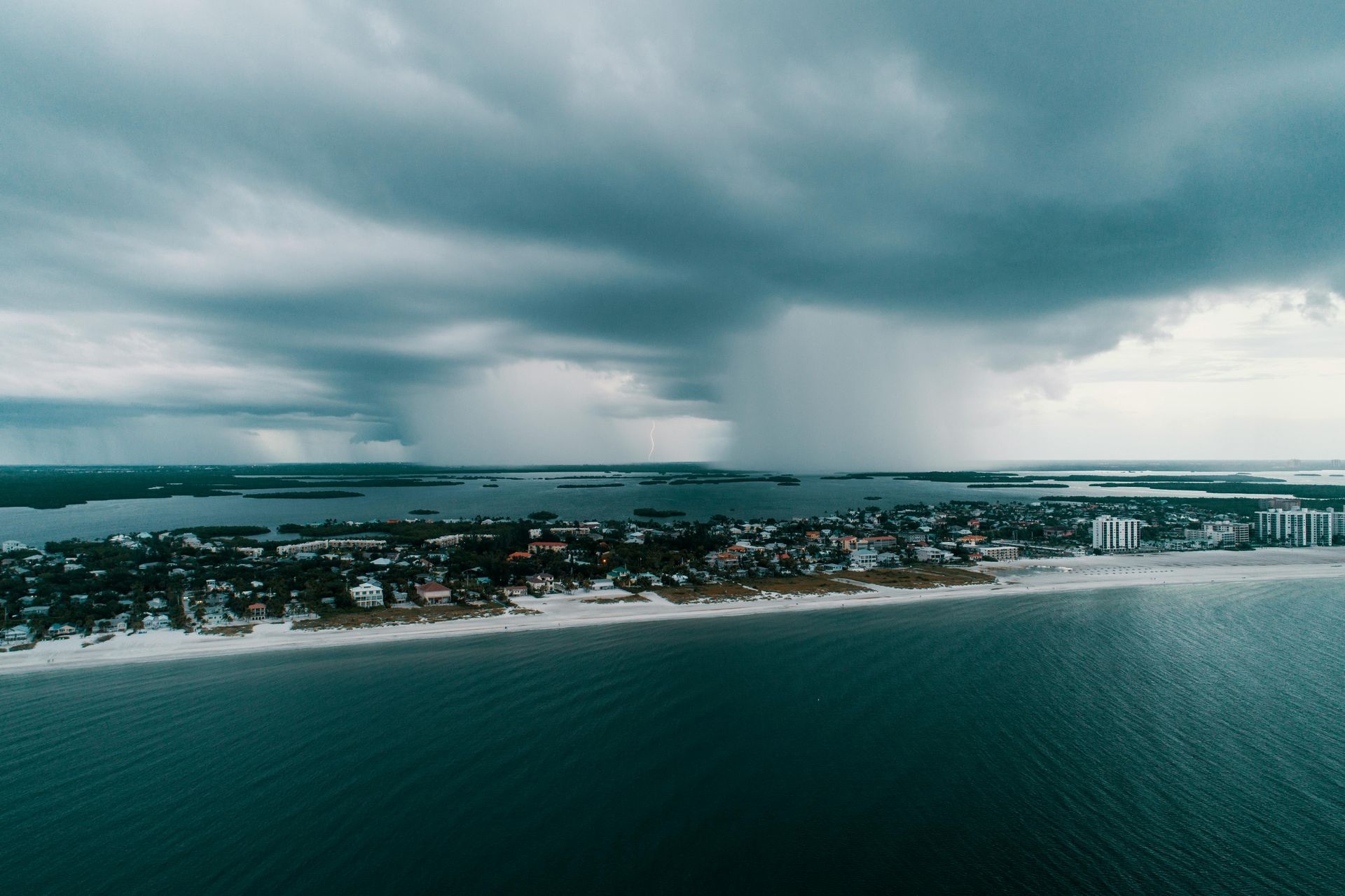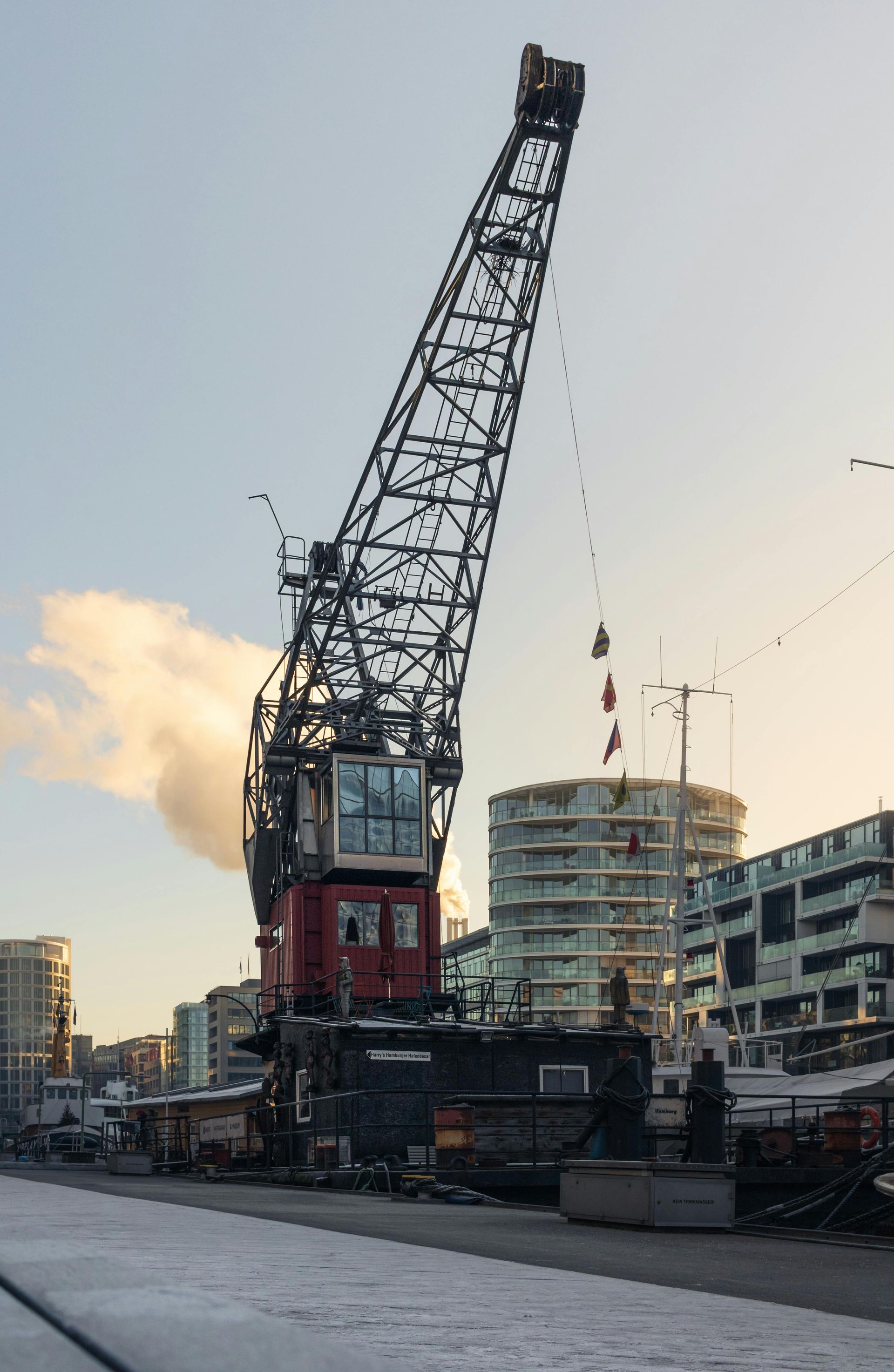Top Questions Every Event Planner Should Ask Their Temporary HVAC Provider
Key Questions Every Event Planner Should Ask Their temporary HVAC Provider to Ensure a Comfortable, Successful Event

When planning an event, comfort is key, and one of the most critical considerations is temperature control. Whether you’re organizing an intimate gathering or a large-scale event in a tented venue, choosing the right HVAC system can make or break the experience for your guests. Here are essential questions every event planner or tent company should ask their HVAC provider to ensure they get the ideal setup for their unique needs.
1. Will the Tent Have Walls or Open Sides?
Why It’s Important: The presence of walls can drastically affect airflow and the cooling or heating requirements. Enclosed tents retain more heat or cold, meaning fewer units may be needed, while open-sided tents require more powerful systems to keep the space comfortable.
What to Ask: “Will the HVAC system be capable of handling both closed and open-sided setups if weather changes?”
2. What Is the Tent Size and Ceiling Height?
Why It’s Important: The dimensions and volume of the tent impact the capacity of the HVAC units required. A tent with a high ceiling will trap heat or cool air differently than a lower structure, potentially needing a stronger system or additional units.
What to Ask: “How many HVAC units are recommended for a tent of this size and height?”
3. Will the Tent Walls and Tent Top Be Clear?
Why It’s Important: Clear tops and walls add light and style but also let in more heat, especially on sunny days, which can strain the HVAC system. Knowing this allows the provider to adjust the units or placement for optimal efficiency.
What to Ask: “Will the HVAC be able to maintain the desired temperature if the tent has windows that allow direct sunlight?”
4. How Far Will the HVAC Unit Be From the Tent?
Why It’s Important: The distance between the HVAC unit and the tent affects the ducting requirements, the efficiency of temperature delivery, and setup logistics. Longer ducting can cause temperature losses along the way, impacting performance.
What to Ask: “What’s the optimal distance for placing HVAC units from the tent? How will that impact temperature control?”
5. What Are the Expected Temperatures During the Event?
Why It’s Important: Seasonal changes and time of day can significantly impact how hard the HVAC system needs to work. Knowing the expected outdoor temperatures allows for better planning to keep guests comfortable.
What to Ask: “What adjustments should be made based on expected daytime versus nighttime temperatures?”
6. How Many Guests Will Be in the Tent?
Why It’s Important: The number of people in a space affects the temperature, as more people generate more heat. The HVAC setup should consider guest count to ensure the space remains comfortable, even at full capacity.
What to Ask: “Will the system keep the temperature comfortable with the anticipated number of guests?”
7. Are There Any Special Equipment Needs?
Why It’s Important: Some events require extra equipment like lighting, sound systems, or catering setups, which can emit heat. Factoring these elements into HVAC planning ensures the units can handle the extra load.
What to Ask: “Will the HVAC account for the additional heat produced by equipment?”
8. What Are the Power Requirements and Availability?
Why It’s Important: HVAC systems can be power-intensive, so it’s crucial to understand the electrical requirements and verify that the venue can support them.
What to Ask: “Can the venue support the HVAC power needs, or will additional power sources be necessary?”
9. What’s the Load in and Strike Process?
Why It’s Important: Knowing how long setup and takedown will take can help with event logistics, ensuring that there’s ample time for temperature regulation before guests arrive.
What to Ask: “How much lead time is needed to ensure the tent is cooled or heated to the desired temperature?”
10. Will There Be On-Site Technicians?
Why It’s Important: Having service technicians on-site can be a lifesaver in case of issues or sudden temperature changes, ensuring the event runs smoothly.
What to Ask: “Will technicians be on-site to handle any HVAC issues or adjustments during the event?”
Final Thoughts
Asking the right questions can make a significant difference in ensuring that your event is comfortable, safe, and well-planned. Each of these factors plays a role in creating the ideal HVAC setup, helping to avoid potential issues and ensuring that the system meets the unique needs of your event. Working closely with a responsive and experienced HVAC provider can make all the difference, so don’t hesitate to ask these essential questions to guarantee success.
